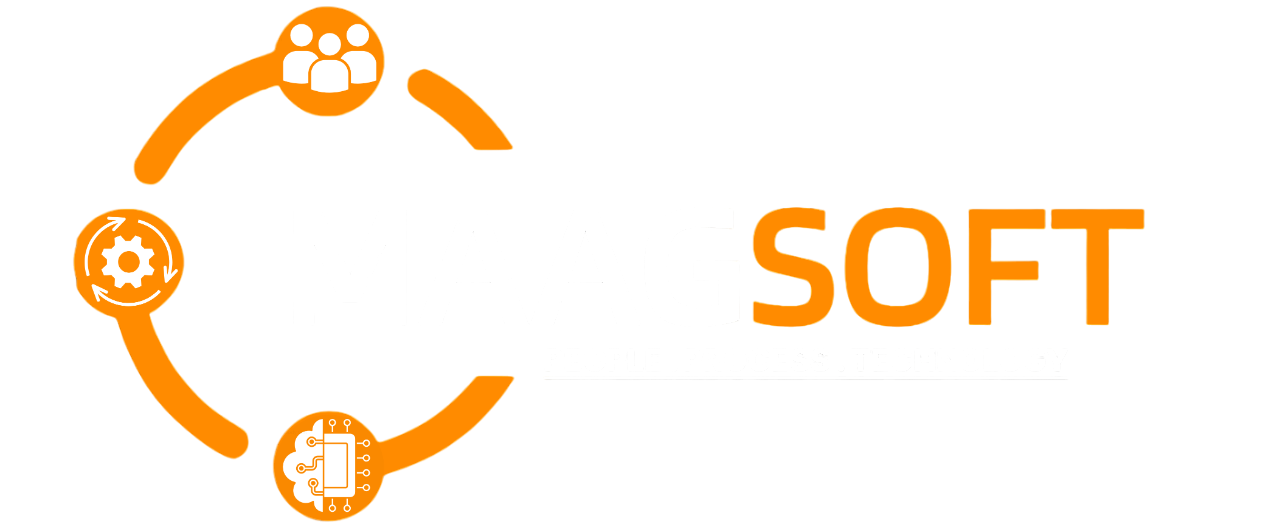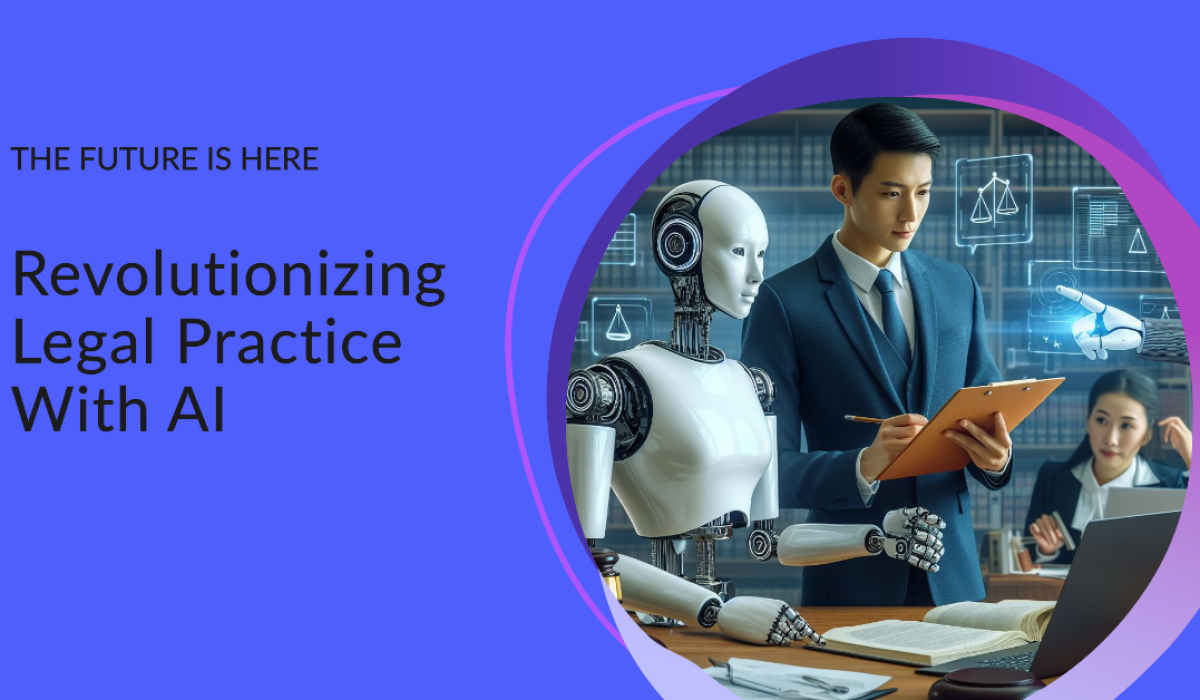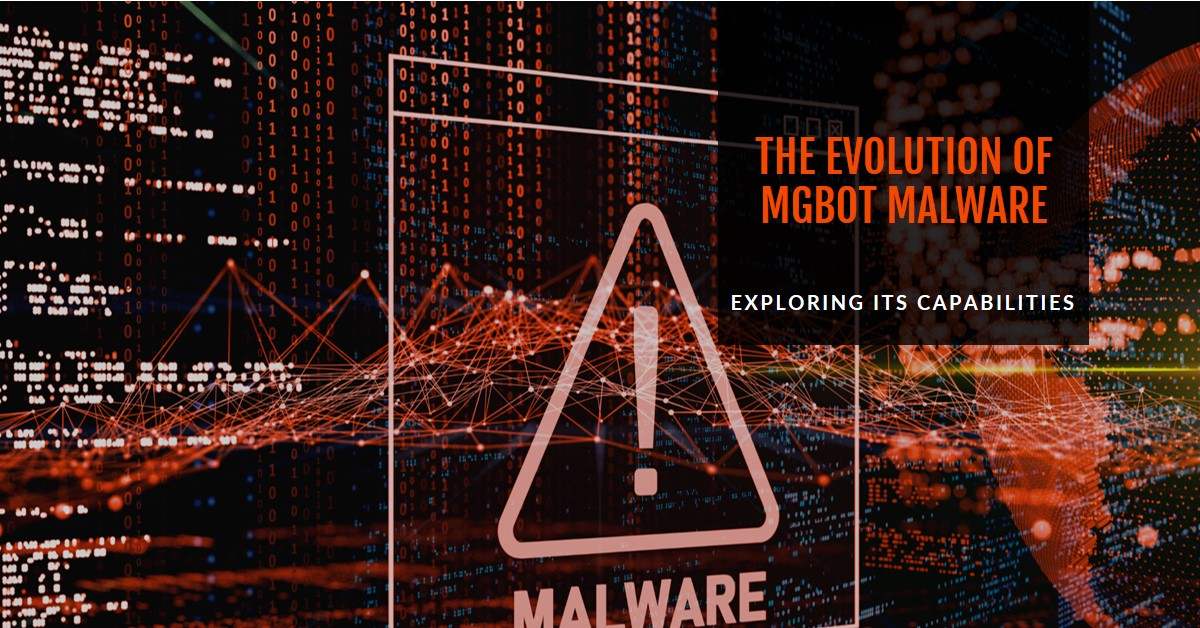
The legal profession is on the cusp of a transformative era. Artificial intelligence (AI) is rapidly changing how lawyers work, bringing a wave of efficiency, accuracy, and accessibility to the legal system. This blog post will explore the many ways AI is revolutionizing legal practice, along with the ethical considerations and potential impacts on careers in the field.
Efficiency Improvements:
Discovery, the process of exchanging information between parties in a legal case, can be a time-consuming nightmare. Mountains of emails, contracts, and other documents need to be reviewed, often leading to lawyer burnout and skyrocketing legal fees. Thankfully, AI is here to revolutionize discovery, turning this tedious task into a streamlined process.
Here’s how AI accelerates extracting structure, meaning, and salient information from discovery documents:
- Superhuman Speed: AI-powered tools can analyze vast amounts of data in a fraction of the time it takes humans. They can scan thousands of documents, identifying keywords, entities (like people and companies), and dates in a matter of seconds.
- Information Extraction on Autopilot: AI can automatically categorize documents by type (emails, contracts, etc.) and extract key information like names, dates, and locations. This eliminates the need for lawyers to manually review each document, saving them countless hours.
- Identifying Hidden Patterns: AI can uncover hidden connections and patterns within the data that humans might miss. For example, AI can identify emails exchanged frequently between certain individuals, potentially indicating collusion or a flow of sensitive information.
- Concept Recognition: AI can go beyond simple keyword searches. It can understand the context and meaning within documents, identifying key concepts and themes even if they’re not explicitly stated. This allows lawyers to quickly grasp the overall narrative of a case, focusing on the truly relevant information.
- Predictive Analytics: Some AI tools can even predict which documents are most likely to contain crucial information. This allows lawyers to prioritize their review, focusing their efforts on the documents with the highest potential impact on the case.
Drafting and Research:
Legal research and drafting are cornerstones of legal practice, traditionally requiring meticulous attention to detail and countless hours of work. However, AI is transforming this domain, acting as an intelligent assistant to lawyers, streamlining processes and boosting efficiency. Here’s how AI is revolutionizing legal drafting and research:
- Drafting at Warp Speed: AI-powered legal tools can generate initial drafts of contracts, motions, and other legal documents in a fraction of the time it takes a lawyer. These AI assistants can be trained on vast legal document repositories, allowing them to produce drafts that adhere to legal formatting and include relevant boilerplate language.
- Case Law at Your Fingertips: Imagine having a virtual paralegal instantly identify relevant case law to support your arguments. AI can analyze legal precedents and statutes, pinpointing cases with similar fact patterns and legal reasoning. This saves lawyers hours of scouring legal databases and combing through case summaries.
- Building a Strong Case from the Start: AI can not only identify relevant case law but also analyze it to anticipate arguments likely to be raised by opposing counsel. This allows lawyers to preemptively address these arguments in their initial drafts, strengthening their case from the outset.
- Crafting Persuasive Arguments: AI can analyze legal arguments presented in past cases and successful legal strategies employed by other lawyers. This knowledge base can be used to help lawyers craft persuasive arguments tailored to the specific nuances of their case.
- Refining Your Drafts: AI can identify potential weaknesses in your drafts, suggesting edits to improve clarity, consistency, and persuasiveness. This ensures that your arguments are presented in the most effective way possible.
Customization of Legal Documents:
Legal documents often require a high degree of customization, even within specific categories like contracts or wills. Traditionally, this customization has meant painstaking work for lawyers, adapting boilerplate language and ensuring all the necessary details are included. AI, however, is changing the game, making it more efficient for attorneys to draft these customized documents.
Here’s how AI streamlines the process of creating highly customized legal documents:
- Smart Templates: AI-powered legal tools can provide lawyers with intelligent templates that adapt based on the specific needs of a case. These templates can pre-populate relevant sections with standard clauses and legal language, reducing the need for lawyers to start from scratch.
- Context-Aware Customization: AI can analyze the details of a case and suggest appropriate clauses and legal precedents to include in the document. For example, in a complex business contract, AI can identify the type of business transaction and recommend relevant clauses related to intellectual property rights or non-disclosure agreements.
- Clause Library at Your Disposal: Imagine having a vast library of legal clauses readily accessible at your fingertips. AI tools can provide lawyers with searchable databases of pre-approved legal clauses, allowing them to quickly find and insert the specific provisions needed for their customized document.
- Reduced Risk of Errors: With a multitude of details to consider, customizing legal documents can be prone to errors. AI can help minimize these risks by flagging potential inconsistencies or missing information. This ensures that the final document is not only well-tailored but also legally sound.
- Maintaining Consistency: When dealing with multiple, interrelated documents, ensuring consistency across them can be a challenge. AI can analyze all the relevant documents within a case and identify any inconsistencies in language or terminology. This helps lawyers maintain a cohesive legal narrative throughout their case.
Real-Time Trial Analysis:
The courtroom has long been a domain of human intuition and experience. However, AI is poised to enter this arena as well, offering a powerful tool for trial lawyers: real-time analysis of trial transcripts. This technology holds the potential to revolutionize the way lawyers approach witness examination, providing valuable insights that can significantly impact the outcome of a case.
Here’s a glimpse into the potential of AI-powered real-time trial analysis:
- Identifying Key Moments: Imagine having an AI assistant highlighting the most crucial moments in a witness’s testimony as they unfold. AI can analyze the transcript for shifts in language, changes in tone, or the use of specific keywords, alerting the lawyer to potentially pivotal points in the witness’s testimony. This allows lawyers to focus their attention on these key moments and formulate follow-up questions that can exploit these opportunities to strengthen their case.
- Identifying Inconsistencies: AI can scan the transcript for inconsistencies in a witness’s testimony, flagging contradictions or deviations from previous statements. This allows lawyers to capitalize on these inconsistencies during cross-examination, potentially damaging the witness’s credibility and swaying the jury.
- Predicting Witness Behavior: While not mind-reading, some AI tools can analyze a witness’s past statements and behavioral patterns to predict how they might respond to certain lines of questioning. This foresight can help lawyers develop targeted strategies and craft effective follow-up questions designed to elicit specific information.
- Emotional Intelligence for Legal Strategies: AI is being developed to analyze not just the content of a witness’s testimony but also the underlying emotions. By detecting shifts in sentiment or signs of nervousness, AI can provide lawyers with insights into the witness’s state of mind. This information can be used to tailor their questioning strategy and potentially uncover hidden truths.
Legal Tech Startup Ecosystem:
The legal profession is no stranger to tradition. However, a new wave of innovation is washing over courthouses and law firms alike, driven by the burgeoning legal tech startup ecosystem. Companies like Casetext, and many others, are leveraging the power of AI to reshape the way law is practiced, bringing a new level of efficiency, accuracy, and accessibility to the legal landscape.
Casetext, for instance, is a shining example of how AI is transforming legal research. Their platform utilizes AI to analyze vast legal databases, allowing lawyers to find relevant case law, statutes, and legal scholarship in a fraction of the time it would take with traditional methods. This not only saves lawyers valuable time but also ensures they have access to the most up-to-date and comprehensive legal information available.
But Casetext is just one player in a rapidly growing field. Legal tech startups are emerging across a wide range of practice areas, each offering innovative solutions that address specific challenges faced by lawyers. Here are some examples:
- Contract Management: AI-powered tools are streamlining the contract drafting and review process, automating repetitive tasks and ensuring consistency across agreements.
- E-discovery: These startups are utilizing AI to sift through mountains of electronic data during discovery, extracting relevant information and saving lawyers countless hours.
- Legal Compliance: AI-powered solutions are helping companies navigate complex regulatory environments, ensuring they remain compliant with ever-changing laws.
- Legal Education: New platforms are leveraging AI to provide personalized legal education and training for lawyers and law students.
The legal tech startup ecosystem is fostering a spirit of innovation in the legal profession. These companies are not just developing new tools; they are also challenging the status quo and pushing the boundaries of what’s possible. As AI
Ethical Considerations:
The integration of AI into legal practice presents a wave of exciting possibilities. However, alongside these advancements lie a set of crucial ethical considerations that demand careful attention. The responsible use of AI in law necessitates the development of new ethical frameworks to ensure fairness, transparency, and accountability. Here are some key areas that these frameworks will need to address:
- Bias and Fairness: AI algorithms are only as good as the data they are trained on. Biased data can lead to biased outcomes. The legal profession must scrutinize AI tools to ensure they are not perpetuating discrimination based on factors like race, gender, or socioeconomic background.
- Transparency and Explainability: Many AI systems function like black boxes, making it difficult to understand how they arrive at their decisions. In the legal realm, where transparency is paramount, it’s crucial to develop AI tools that can explain their reasoning in a way that is understandable to lawyers and judges.
- Accountability: When an AI-powered tool makes a mistake, who is accountable? The lawyer using the tool? The company that developed it? Ethical frameworks need to establish clear lines of accountability to ensure that there is someone responsible for the outcomes generated by AI in legal settings.
- Privacy and Data Security: The use of AI in law often involves access to sensitive personal information. Robust data security measures must be implemented to protect this information from unauthorized access or misuse.
AI and Legal Careers:
The rise of AI in the legal profession has sparked concerns about job displacement for lawyers. While AI will undoubtedly automate some legal tasks, it’s important to remember that it’s here to augment, not replace, lawyers. Here’s a closer look at the potential employment effects of AI in the legal field:
Shifting Skillsets: AI will likely handle repetitive, time-consuming tasks like document review and legal research. This will free up lawyers to focus on more strategic aspects of their work, such as developing legal arguments, crafting winning strategies, and providing clients with strategic advice. Lawyers who can develop strong analytical skills, critical thinking abilities, and exceptional communication skills will be well-positioned to thrive in this new environment.
New Legal Specialties: The integration of AI will also create new legal specialties focused on tasks like managing and interpreting AI-generated data, ensuring the ethical use of AI tools, and litigating disputes arising from AI use. These new specialties will require lawyers with a deep understanding of both law and technology.
Democratization of Legal Services: AI-powered solutions have the potential to make legal services more affordable and accessible to a wider range of people. This could lead to increased demand for lawyers who can leverage AI tools to deliver efficient and cost-effective legal services to a broader clientele.
Evolving Practice Models: The legal profession is likely to see a shift towards more technology-focused law firms and alternative legal service providers (ALSPs) who specialize in utilizing AI tools. Lawyers who are comfortable working in these dynamic environments and adapting to new technologies will be at an advantage.
Lifelong Learning: The legal landscape is constantly evolving, and the integration of AI will only accelerate this trend. Lawyers will need to commit to lifelong learning to stay current with the latest advancements in AI and legal technology.
Diversity in the Legal Profession:
Potential for Increased Access: AI-powered legal tools can potentially make legal services more affordable and efficient. This could benefit underrepresented groups who may not have traditionally had access to high-quality legal representation. For example, AI-powered legal document generation and legal research tools could empower individuals and small businesses to handle basic legal matters without needing to hire a lawyer.
Promoting Inclusive Hiring: AI-powered recruitment tools can help remove unconscious bias from the hiring process. By focusing on skills and qualifications rather than resumes with prestigious law school names, AI could level the playing field for diverse candidates.
Combating Bias in Legal Research: AI-powered legal research tools can analyze vast legal databases without inheriting the biases present in human-curated legal resources. This can help ensure that lawyers from underrepresented backgrounds have access to comprehensive and unbiased legal information.
Risks of Perpetuating Bias: AI algorithms are only as good as the data they are trained on. If the data used to train AI legal tools is biased, these tools could perpetuate existing inequalities in the legal system. For example, an AI tool trained on a dataset of past legal rulings that favored white male defendants could continue to produce biased outcomes in the future.
Need for Diverse Datasets: To ensure fairness, AI legal tools need to be trained on diverse and representative datasets. This includes legal data reflecting a variety of demographics, socioeconomic backgrounds, and legal issues.
Human Oversight Remains Crucial: AI should be seen as a tool to complement human expertise, not replace it. Lawyers need to be critically aware of potential biases in AI-generated recommendations and exercise their judgment to ensure fair outcomes.
AI presents both opportunities and challenges for diversity in the legal profession. By embracing AI while actively mitigating potential biases, the legal profession can leverage this technology to create a more inclusive and equitable legal system for all.
At Maagsoft Inc, we are your trusted partner in the ever-evolving realms of cybersecurity, AI innovation, and cloud engineering. Our mission is to empower individuals and organizations with cutting-edge services, training, and AI-driven solutions. Contact us at contact@maagsoft.com to embark on a journey towards fortified digital resilience and technological excellence.





